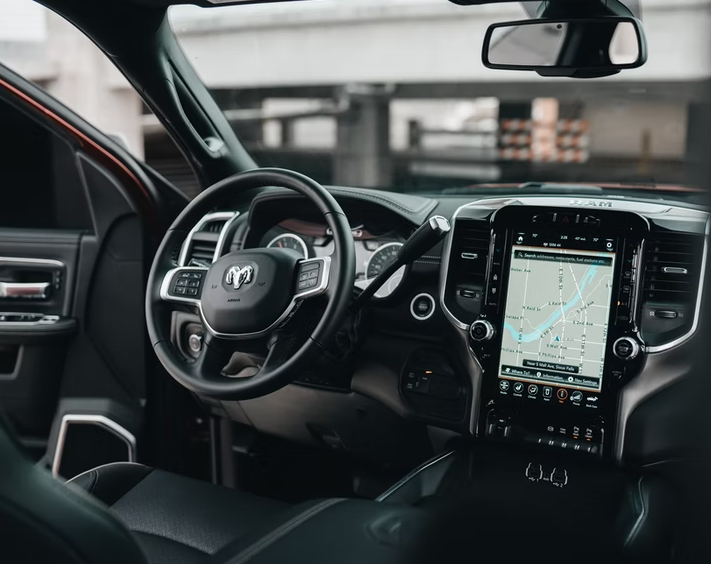
The UK government is now starting to put rules to accommodate the self-driving vehicles that will arrive in the United Kingdom in late-2022.
UK Government Reveals Policies for Self-Driving Cars
According to the BBC, the UK government will allow drivers in autonomous vehicles to watch TV from an infotainment screen while the car is in self-driving mode, as long as they are ready to take back control anytime.
That is a modification of a law that has been on the UK government's books since 1986 that prohibits drivers from watching anything while they are behind the wheel.
The UK regulators clarified that it will still not allow drivers to text or watch videos on their cell phones while driving. The use of cell phones while behind the wheel was banned in the country in 2021, according to Engadget.
That is because automakers can implement technology to stop a vehicle's built-in screen from displaying content when the driver needs to take back control, but they can't do it on a cell phone.
The UK government also decided that insurance companies and not people will be held liable for accident claims in a number of circumstances.
The changes will be an interim measure until an all-new set of rules can be implemented by 2025.
Currently, self-driving cars are not legal in the UK yet, but the country's Department of Transport DIT said they might be ready before 2022.
In 2021, the UK government announced that basic self-driving cars with automated lane-keeping systems could arrive in the country by the end of 2021, but it got pushed to 2022.
The UK government predicted that self-driving technology could improve road safety across the country by reducing human error, which is a contributory factor in 88% of all recorded road collisions.
For now, self-driving tech has gone nowhere over the past few years, apart from a few exceptions like GM's Cruise offering public driverless taxi rides in San Francisco.
In November 2021, the UK government started the self-driving vehicle trial in the country.
Other Self-Driving Policies in the UK
According to Lexology, the Law Commission of England and Wales and the Scottish Law Commission published a joint report providing recommendations for the safe usage of driverless cars.
The report recommended the introduction of a new Automated Vehicles Act or ACT that would regulate vehicles with automated driving systems or ADS.
The ACT should offer a new accountability model for cars that use ADS features. The model would draw a distinction between vehicles that are equipped with self-driving features that have the capacity for a driver to take driving control and vehicles that do not allow the driver to take control.
Under the new accountability model, if a vehicle has self-driving features with the capacity for a user to take driving controls where the self-driving features have been engaged, the Law Commission considers the person in the driving seat to be a user-in-charge.
A user-in-charge should not be held liable for any criminal offenses or civil penalties caused by dynamic driving, ranging from running a red light, exceeding the speed limit, and dangerous driving.
For example, the Authorized Self-Driving Entity or ASDE, might be held liable for the said offenses.
The ASDE is the entity that has applied for authorization of the automated vehicle so that it can be the manufacturer or the software developer of the ADS.
Related Article: AI for Breast Cancer: UK's Shortage of Radiologists to Be Answered by Tech to Detect the Condition
This article is owned by Tech Times
Written by Sophie Webster
ⓒ 2025 TECHTIMES.com All rights reserved. Do not reproduce without permission.




